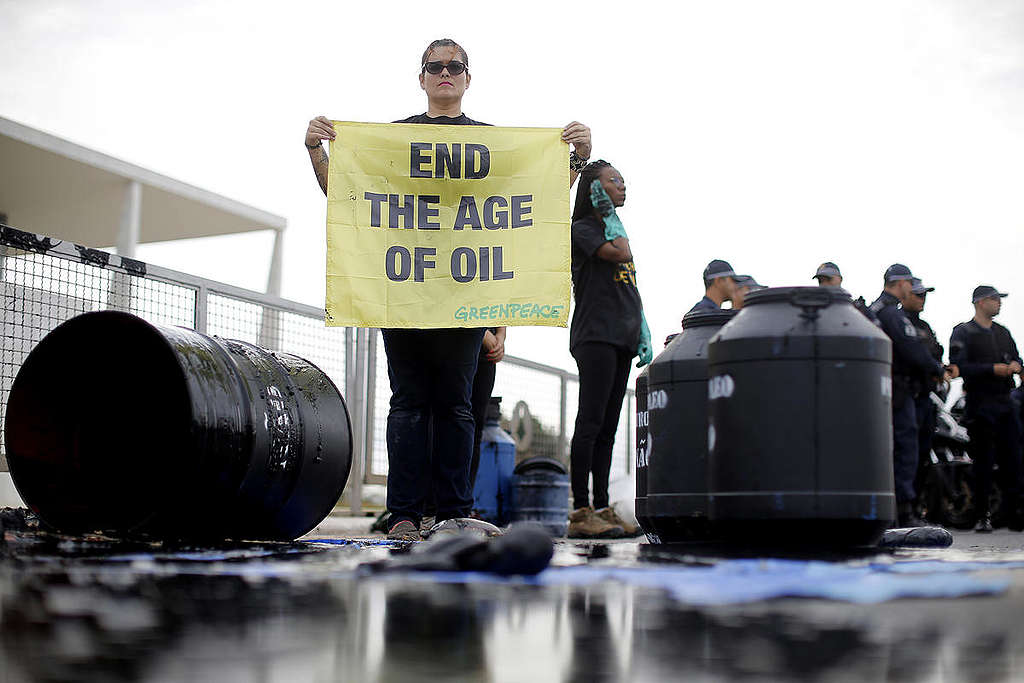
Oil, he explained, was a finite store of condensed organic matter from the bottoms of ancient seas. The industry had been extracting the highest quality and least expensive oil, but over time, the quality of oil would decline, the cost of finding it would increase, and decades in the future, perhaps in my lifetime, oil would no longer be economic to produce.
Although we would not technically see the end of all oil on Earth, the cost/benefit ratio would begin to favour other forms of energy. He told me then, in 1961, that oil companies should be developing other energy sources, that they should consider themselves in the “energy business,” not just the oil business.
Since my father knew all this 60 years ago, I suspect that virtually every engineer and manager in the oil industry knew the same facts. They knew oil was a finite resource, and would eventually run out. They also knew that burning oil created carbon emissions, which would heat the planet. In 1965, the American Petroleum Institute warned that CO2 pollution could “cause marked changes in climate” with “catastrophic consequence.”
…click on the above link to read the rest of the article…